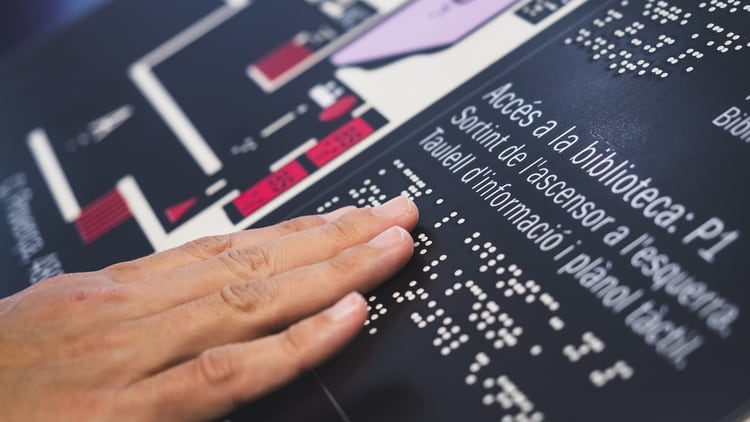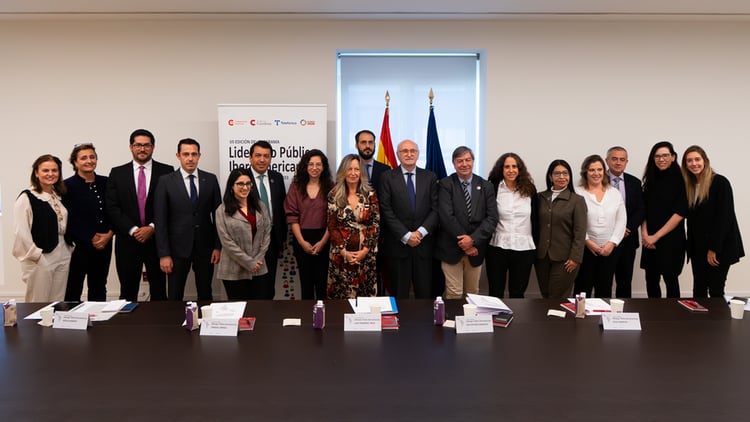The Diplomat
UNWTO has once again joined forces with key partners to make tourism more accessible to estimated 1.3 billion people worldwide who experience significant disabilities.
The UNWTO Conference on Accessible Tourism was held for a second time in San Marino (16-17 November 2023). The Government of San Marino, represented by its Ministry of Tourism, partnered with the Ministry of Tourism of Italy, on this occasion. The 2023 event was also held in collaboration with AccessibleEU, a flagship initiative of the European Commission. Out of it came the San Marino Agenda, a clean action plan for disability inclusion in every part of the tourism sector.
Since San Marino first hosted the conference in 2014, many destinations and companies have made great strides to improve accessibility, bringing tourism closer towards Tourism for All.
At this year’s two-day event, over 200 delegates discussed policy advances such as the international standard ISO 21902, which caters both to host communities and visitors, and covers the entire tourism value chain. The event featured a Ministerial Roundtable, bringing together San Marino, Italy, Republic of Korea, Uzbekistan, Czechia and Israel, to discuss governments’ role in advancing accessibility through policies, strategies and standards.
Innovation in accessible tourism was one of thekey themes, with speakers presenting new solutions in access to transportation, leisure, MICE and tourism services. These included SEATRAC helpingwheelchair users to bathe inGreece, city-wide Braille touchpoints and the first certified blind tour guides in Cape Town, and the fully accessible waterfront in Rimini.
The conference has strengthened international networks and showcased San Marino as an inclusive destination, a point of reference for accessible tourism and the only UNWTO Member State to have hosted two International Conferences on Accessible Tourism.
However, accessibility is still not seen as a game changer by all destinations despite a market of 1.3 billion people with significant disability in 2023, and 1 in 6 persons expected to reach the age of 65 by 2050. In Europe alone, “baby boomers” already account for over one third of the EU population and 70% of the EU citizens with disability have financial means to travel.
Experts in the field discussed how best to cater to this growing market and offer tourism experiences in the spirit of the Universal Design, so they can be enjoyed by all people, with or without disabilities. Debates also centred on the importance of social inclusivity and accessibility for sustainable tourism and the huge economic benefits the sector can reap by putting better access measures in place.
The Action Agenda is seen as a game changer for disability inclusion and tourism’s contribution to the Sustainable Development Goals, with a commitment from it’s those attending the conference to achieving concrete results.
It includes measures to advance training, develop measurement systems and increase industry awareness of the advantages of a diverse workplace.
Stakeholders will align their marketing and commercial strategies and use digital solutions to help accessible experiences reach all customers and mainstream accessibility in their product development and decision-making processes.
As part of the conference’s legacy, a Compendium of Best Practices showcased in San Marino will be published by UNWTO in 2024, in collaboration with AccessibleEU and ENAT.
Further research on accessibility in culture and nature-based tourism, digital solutions and other good practices will also be completed over the coming years.







